Home-Price Growth Has ‘Stalled,’ Case-Shiller Says

Getty Images
The numbers: Home prices in the 20 biggest U.S. metropolitan areas lost more steam in September, buckling under the pressure of high mortgage rates and historic unaffordability.
The S&P CoreLogic Case-Shiller 20-city house-price index rose 0.2% in September, compared with the previous month.
Home prices in the 20 major U.S. metropolitan markets were up 4.6% in the 12 months ending in September.
That’s a deceleration compared with an increase of 5.2% the previous month. Economists surveyed by Dow Jones Newswires and the Wall Street Journal expected the 20-city index to increase by 4.8%.
A broader measure of home prices, the national index, rose 0.3% in September and was up 3.9% over the past year. All numbers are seasonally adjusted.
Home prices posted the slowest gain since September 2023.
Even though prices are growing less rapidly, the 20-city and national indexes still inched to new record highs in September.
Key details: Prior to making adjustments for seasonality, the index showed a drop in home prices.
The 20-city index fell 0.3% in September as compared with the month before, and the national index fell 0.1%.
Drilling down on the cities, New York posted the biggest year-over-year home-price gains in September. Prices were up 7.5%.
Home prices grew most slowly in Denver, by 0.2%.
| City | Change from last year |
| Atlanta | 3.3% |
| Boston | 4.4% |
| Charlotte, N.C. | 4.6% |
| Chicago | 6.9% |
| Cleveland | 7.1% |
| Dallas | 1.1% |
| Denver | 0.2% |
| Detroit | 5.3% |
| Las Vegas | 6.7% |
| Los Angeles | 4.6% |
| Miami | 3.9% |
| Minneapolis | 2.3% |
| New York | 7.5% |
| Phoenix | 1.8% |
| Portland | 1% |
| San Diego | 4.7% |
| San Francisco | 1.9% |
| Seattle | 5.1% |
| Tampa | 1% |
| Washington, D.C. | 5.3% |
| Composite-20 | 4.6% |
A separate report from the Federal Housing Finance Agency showed home prices were up by 0.7% in September when compared with the previous month, and up 4.4% in the past year.
Home-price growth slowed in the third quarter of 2024, the agency said. “While house prices continued to increase because housing demand outpaced the locked-in housing supply, elevated house prices and mortgage rates likely contributed to the slowdown in price growth,” the FHFA’s Anju Vajja said in a statement.
The median price of a resale home was $406,700 in September, and the median price of a newly built home was $426,300.
Big picture: The housing market is feeling the effects of high mortgage rates and record-high home prices.
Home buyers are shying away from the housing market, causing prices to grow at a slower pace.
Prices could lose more momentum in the coming months. The 30-year mortgage rate was largely below 7% for July, August and September, a period covered by the most recent the Case-Shiller index, but rose sharply after the presidential election in early November.
What S&P said: “Home price growth stalled in the third quarter, after a steady start to 2024,” Brian D. Luke, head of commodities, real estate and digital assets at S&P Dow Jones Indices, said in a statement.
The strongest price growth was seen in the Northeast and Midwest, he added, led by New York, Cleveland and Chicago.
What are they saying? “Traditionally, the [home-price index] has shown an increase in home price growth between August and September. This year, the September data could be indicative of a slowdown in home price appreciation in the months ahead,” Lisa Sturtevant, chief economist at Bright MLS, said in a statement.
Categories
Recent Posts



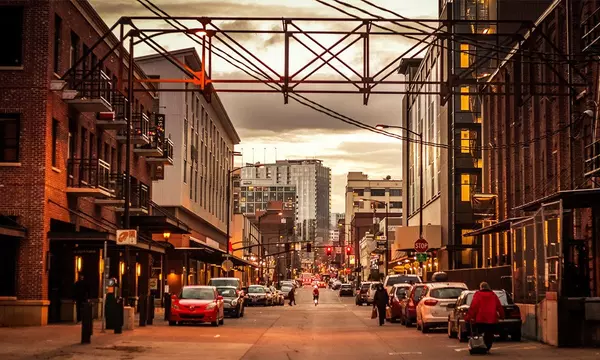
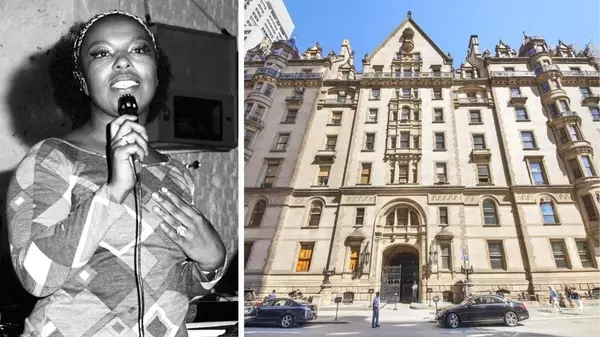
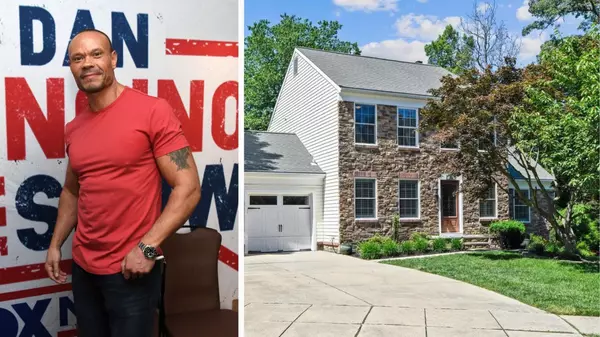
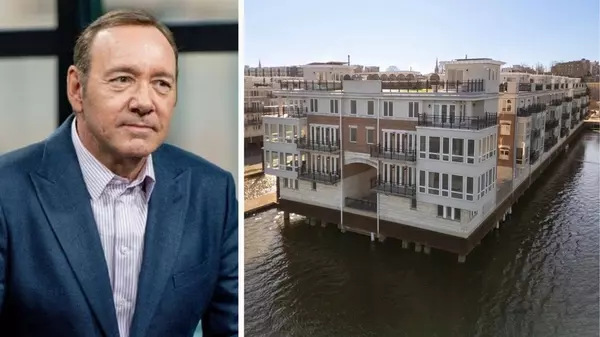


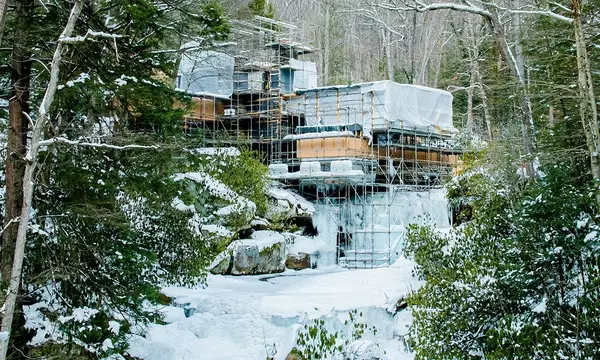

676 N Michigan Ave. Ste 3010, Chicago, IL, 60611, United States